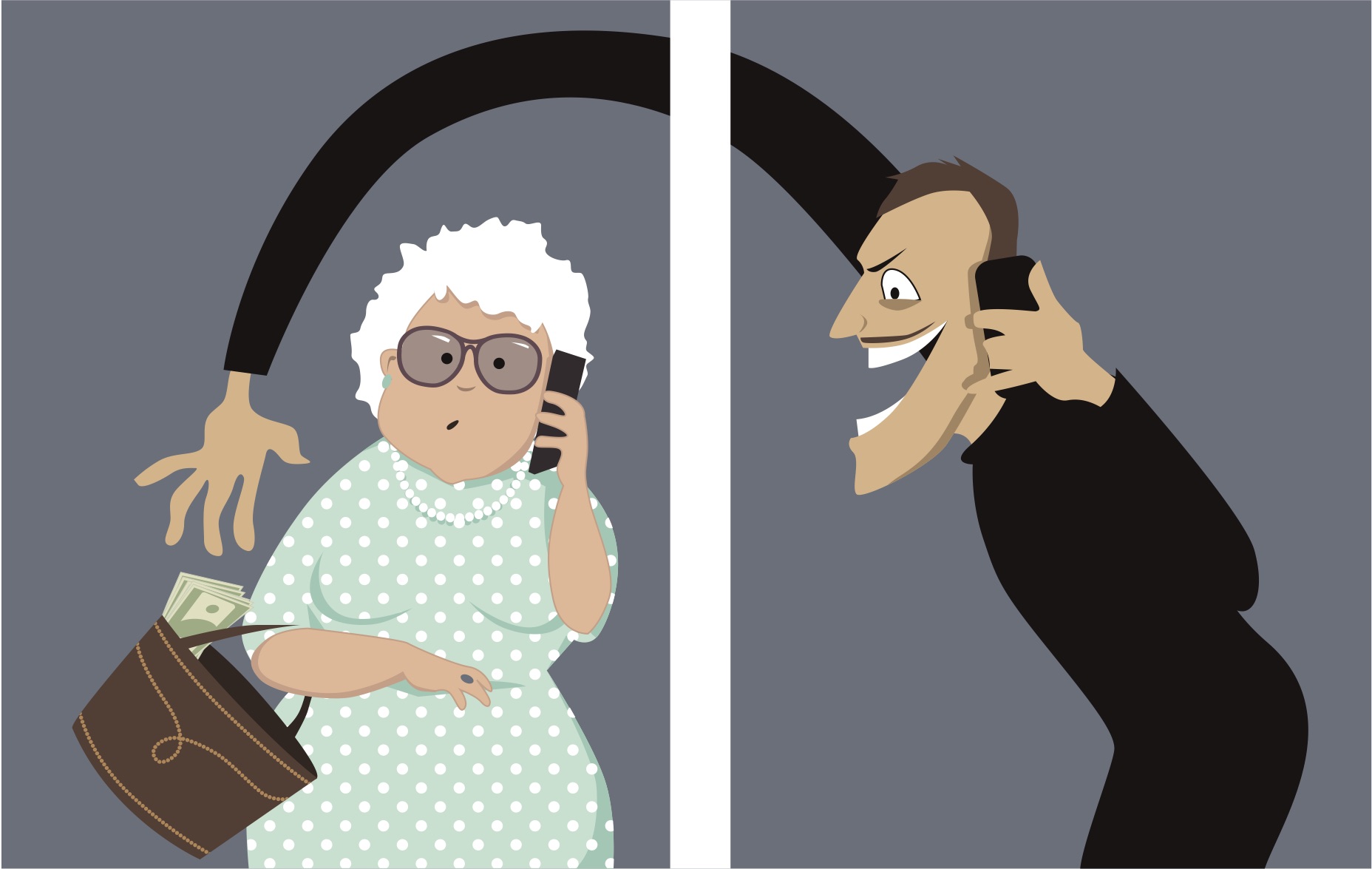I have a lot of joyful days at AboveBoard, but one of my happiest was when we got a new mom and senior executive, recently diagnosed with cancer, insured for $2 million using a workplace program we identified as her best option.
The coverage gave our client, Sarah*, the confidence that if her diagnosis did not progress as she hoped, her daughter would grow up with the opportunities in life she wants for her, and her husband would have financial security to take a step back from his own work for a period of time, if that’s what he and their child needed.
Sarah, as a valued member of her company’s executive team, used the talking points and coaching we provided to effectively communicate with her CEO, obtain his support, and then we worked with the head of HR to introduce the benefits plan to the entire executive team. All of this was done in a way that preserved Sarah’s privacy and remained firmly in her comfort zone. Even better, we chose a program that offered portable policies, meaning Sarah could take her coverage with her if she ever left her current employer.
And before you wonder, "life insurance for a cancer patient?! What “sketchy $*@#” happened there?", rest assured that this was completely aboveboard, and we verified in advance with the program managers that they would be happy to receive these applicants.
Life insurance coverage is only useful if it is valid, so ensuring that Sarah and her colleagues truly qualified for the program was paramount.
One of our great strengths at AboveBoard is using our unique blend of technology and human experts to scour the market and find the very best life insurance option for a client, all while preserving the client’s privacy.
When and Why Someone Is “Uninsurable”
A client is “uninsurable” when no carrier in the market is willing to provide them with an individual life insurance policy. This can happen for many reasons; the most common are health issues (cancer, chronic health condition, suicidal ideation, etc.), treatment for alcohol or drug abuse, and high-risk hobbies. (But if one of these applies to you, don’t assume you are uninsurable - there are still many individual life insurance options available for people who have these attributes. Only a subset of people are uninsurable.)
Sometimes a person is uninsurable for the rest of their life. Other times the odds are good that they’ll become insurable within a particular time frame. But that timeframe is usually multiple years, and waiting comes with a host of risks - not just dying while uninsured, but that another health matter crops up, further worsening insurability.
Our client, Mike*, is a great example of someone whose options are very likely to improve dramatically in the next few years, but he needed to lock in coverage ASAP. Mike is the owner of a 23-person architectural firm. Keenly aware of the history of alcoholism in his family, he’d voluntarily chosen to participate in a 12-step program to achieve his goal of abstaining from alcohol. His participation in a 12-step program, along with a few other health considerations, made him uninsurable for several years, but waiting was not an option. His sons and his wife needed protection now - he knew he'd delayed tackling life insurance for too long, and he wanted to get solid coverage in place. He also could not take the risk that an unrelated health matter - like a cancer diagnosis or a heart attack - would occur in the meantime. His wife, an outstanding school elementary school principal, was simply on a lower comp scale than Mike, and her earnings alone would not be enough to support the family’s chosen lifestyle. The odds were excellent he’d have much better options in a few years, but he could not risk waiting.
How to Make “Uninsurable” Clients Insurable and Get Better Rates for "Hard to Insure" Clients
Thankfully, there are options available.
Group-based life insurance can be tremendously helpful for uninsurable and hard-to-insure people, and AboveBoard scours the market to find the best group-based option that allows an individual to get the coverage they need. Group-based life insurance is generally placed through the workplace, but it’s more flexible than most people assume.
I’m not talking about the standard “everyone who works here gets one or two times their income” programs, or the “at annual enrollment, you can check a box to pay for coverage up to a multiple of your income” programs (sidebar: for people without major health issues, those programs are usually a bad deal).
I’m talking about specialized programs providing supplemental life insurance benefits, which offer real amounts of coverage and reasonable pricing. These programs can be a beacon of security and hope for people who otherwise do not have life insurance options.
These programs can be utilized by small, mid-sized and large companies alike.
These supplemental group-based life insurance programs are particularly well-suited for three groups of people:
- Business owners - if a business owner wants coverage for themselves but has attributes of their profile that make them uninsurable (or insurable only at sky-high rates), a specialized life insurance program offered through the workplace is often the winning solution.
- Members of executive teams or defined teams within a larger company or organization - you don’t have to be the owner of the business to drive implementation of a special workplace life insurance program. You just need buy-in from the key constituents at your workplace. We’ve guided clients through this process and it is quite smooth (no awkward sharing of personal health history with your colleagues is needed).
- Employees of companies that are particularly proactive about employee well-being and flexible enough to consider adding an employee benefit - while it helps to be the business owner or executive team member, you don’t have to be. All you need is sponsorship in your company from someone senior enough to affect implementation of a supplemental employee benefit.
One of my favorite programs is one where there is no health exam, no collection of medical records, and the only qualifying question is one about whether the applicant has been at work for the last several months (modest amounts of time off for illness or injury are OK).
Importantly, the majority of people who are well enough to not be on disability leave from work would qualify. This is a tremendous opportunity for people who have a significant health matter, but one that does not render them unable to work.
The workplace programs can be chosen to meet clients’ other goals as well. In Sarah’s case, portability to another employer was key. She loves her job, her CEO and her colleagues, but she is also aware that she works in a cyclical industry; job security is not assured.
In Mike’s case, he cared about being able to drop the workplace coverage easily if and when he qualifies for attractive individual coverage. A high-functioning and engaged professional, dad and husband, he knows the odds are excellent that - barring an unexpected new health problem cropping up - he’ll qualify for individual coverage in the not-too-distant future.
How to Find Your Best Option
If you’re not 100% certain you are insurable, get an instant online quote from AboveBoard to understand your options. And rest assured that if individual coverage is not currently available, there are a host of excellent workplace programs that may meet your needs.
If you’re already certain that no individual life insurance options are available to you, send us a message to start the conversation about how we can help with unique workplace group-based programs.
*Not their real names. When sharing client stories, we always change names and any personally identifiable information about the clients.





